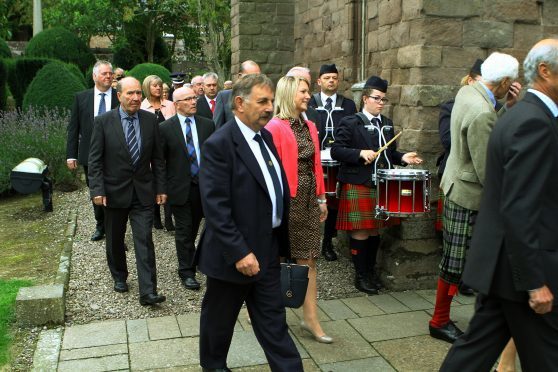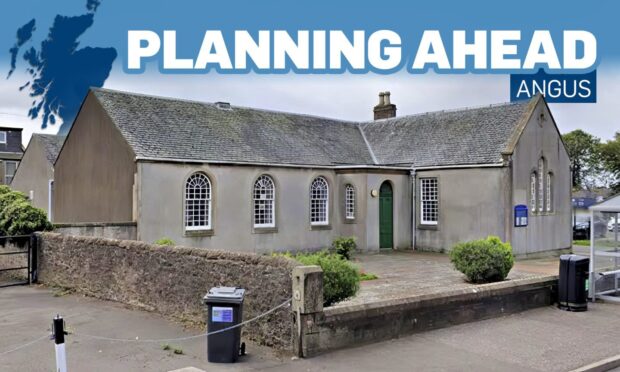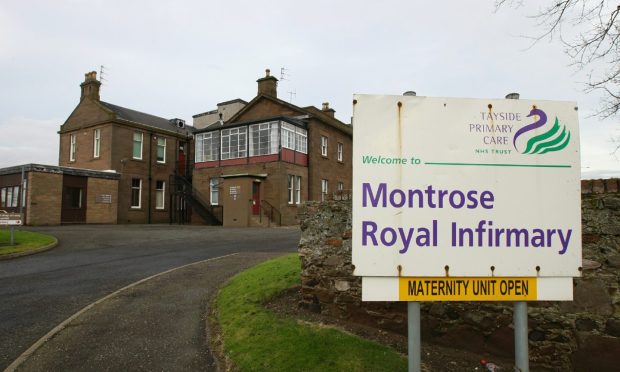The centuries old kirkin’ of Angus Council will cease to be an annual event after councillors agreed to switch to a five-year cycle instead.
The traditional ceremony – staged by councils across Scotland to herald the start of the new political year – has been hit by dwindling attendance in recent times.
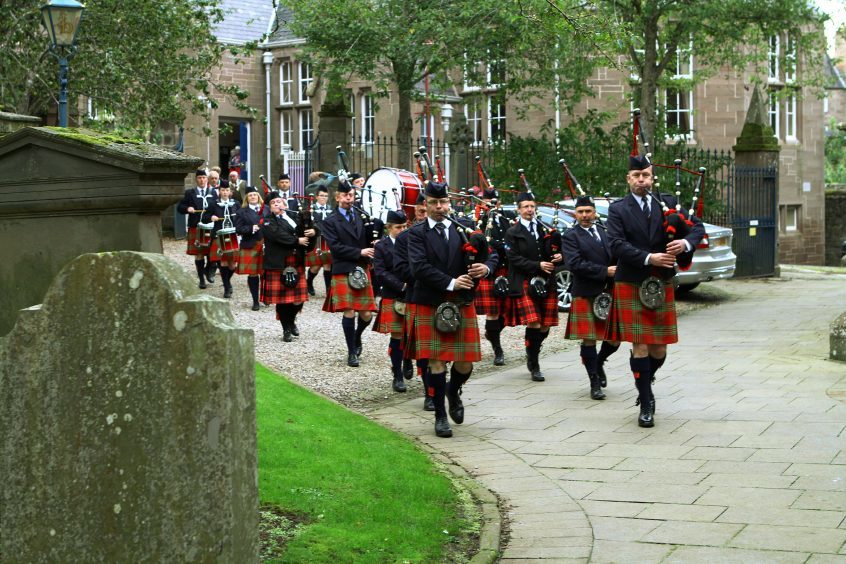
This year’s gathering, which went ahead just last month, was also marred by a boycott by Brechin community council in protest over cuts to local authority jobs and services.
Councillors have now voted overwhelmingly to back a motion by Montrose SNP representative Bill Duff to drop the annual status of the £700-a-year event.
Mr Duff said: “Elected members are voting with their feet and even burgh councillors do not attend in their own town.
“If we are going to continue, then let’s do it properly every five years when a new council is elected, rather than the half-hearted, apathetic way it is just now.”
Brechin SNP colleague Kenny Braes said he attended his first kirkin’ as a newly-elected councillor and was disappointed when the cathedral turnout amounted to “16 people and an Alsatian dog.”
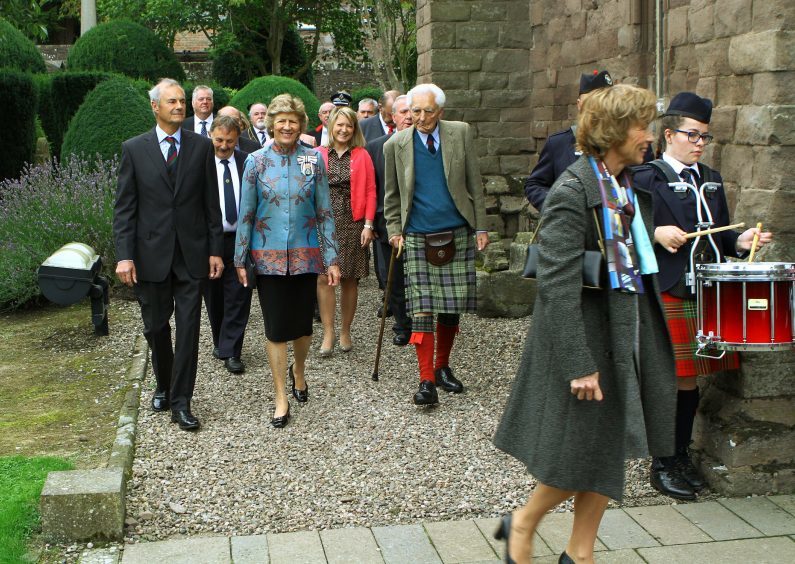
He added: “It might only be £700 a year, but that’s £2,800 over the next four years and we must set an example as a council.”
The switch was not universally popular. Council leader Bob Myles fought to stick to tradition, saying: “It is interesting Councillor Duff brings this forward now when he had the opportunity to do it for the past five years in administration.
“It is a tradition and doing it every year gives us the opportunity to show that we are available, open and visible to the public.
“Sometimes the cost is as little as £300 for the whole event and that includes donations to the pipe band and local groups,” added the Brechin independent.
However, the authority’s longest serving councillor, Arbroath SNP member Alex King, agreed more recent kirkin’ turnouts were a “pitiful” shadow of the occasion it had once been.
“Brechin community council believed it was a waste of money and should not be held. That is how it is being perceived and I tend to agree,” he said.
“Maybe once per council is enough because that was the origin of it. That keeps the tradition alive but is saves quite a bit of money over time.”
